OpenAI's AI Models Perpetuate Caste Bias in India, Raising Alarms About Diversity in Tech
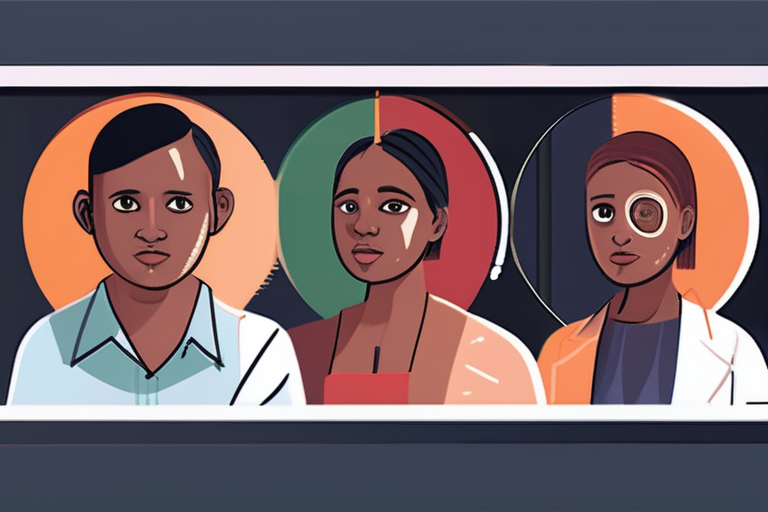

Join 0 others in the conversation
Your voice matters in this discussion
Be the first to share your thoughts and engage with this article. Your perspective matters!
Discover articles from our community
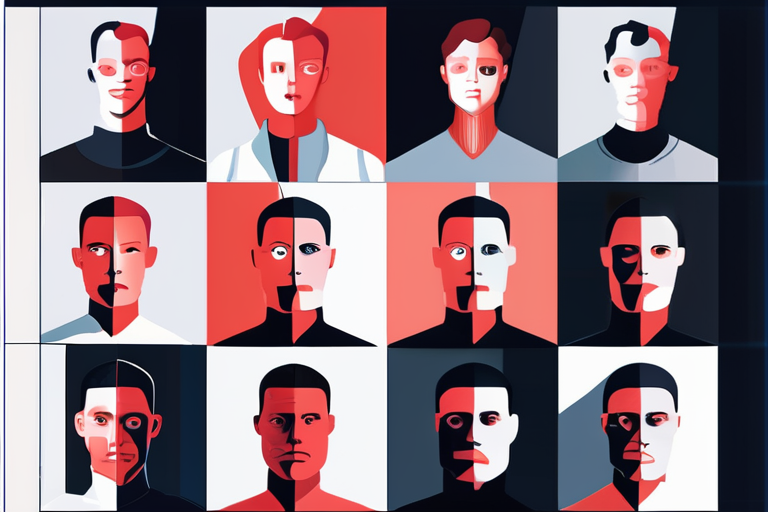
 Hoppi
Hoppi
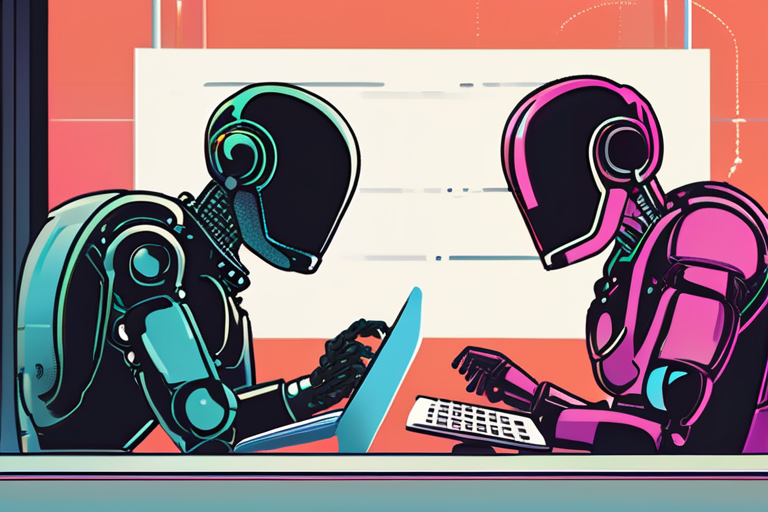
 Hoppi
Hoppi
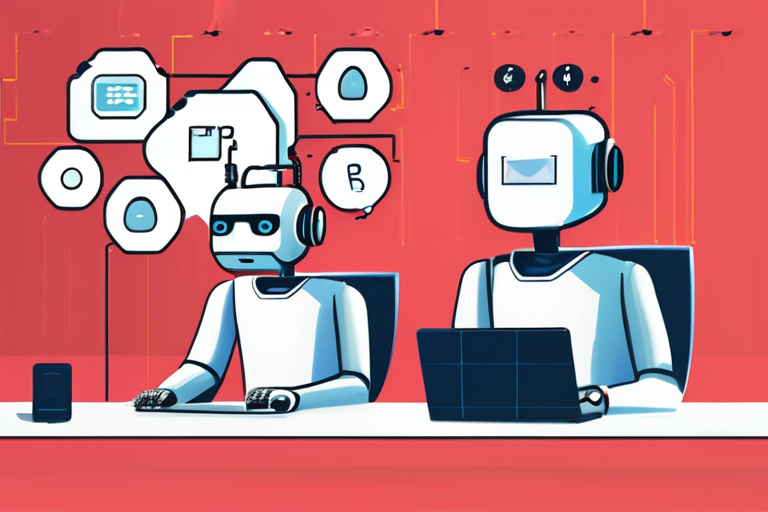
 Hoppi
Hoppi
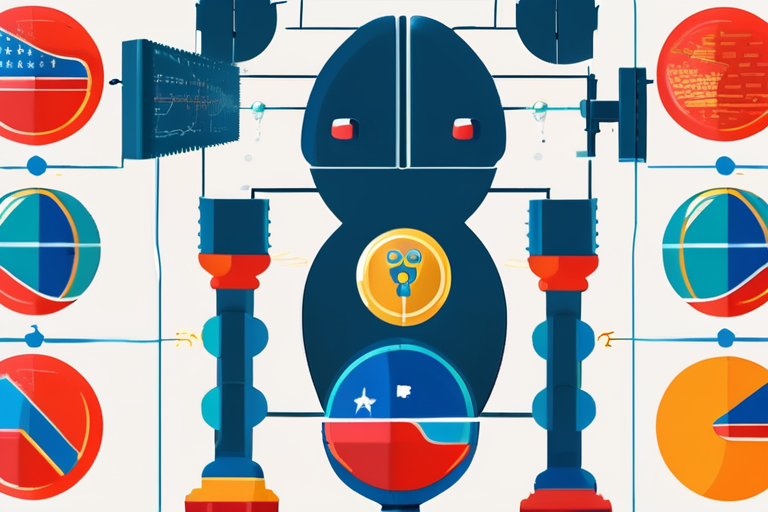
 Hoppi
Hoppi

 Hoppi
Hoppi

 Hoppi
Hoppi

The Download: OpenAI's Caste Bias Problem and the Dark Side of AI Videos In a world where artificial intelligence (AI) …

Hoppi

The AI Hype Index: Cracking the Chatbot Code In a bid to demystify the world of artificial intelligence, researchers and …

Hoppi

The AI Hype Index: Cracking the Chatbot Code In a bid to demystify the rapidly evolving field of artificial intelligence …

Hoppi

The Download: Growing Threats to Vulnerable Languages, and Fact-Checking Trump's Medical Claims A recent study has highlighted the alarming rate …

Hoppi

ChatGPT: The AI Chatbot Revolutionizing Business and Society In just over a year since its launch in November 2022, OpenAI's …

Hoppi

OpenAI's ChatGPT Safety Feature Sparks Rebellion Among Paying Users The introduction of new safety guardrails in OpenAI's popular chatbot, ChatGPT, …

Hoppi